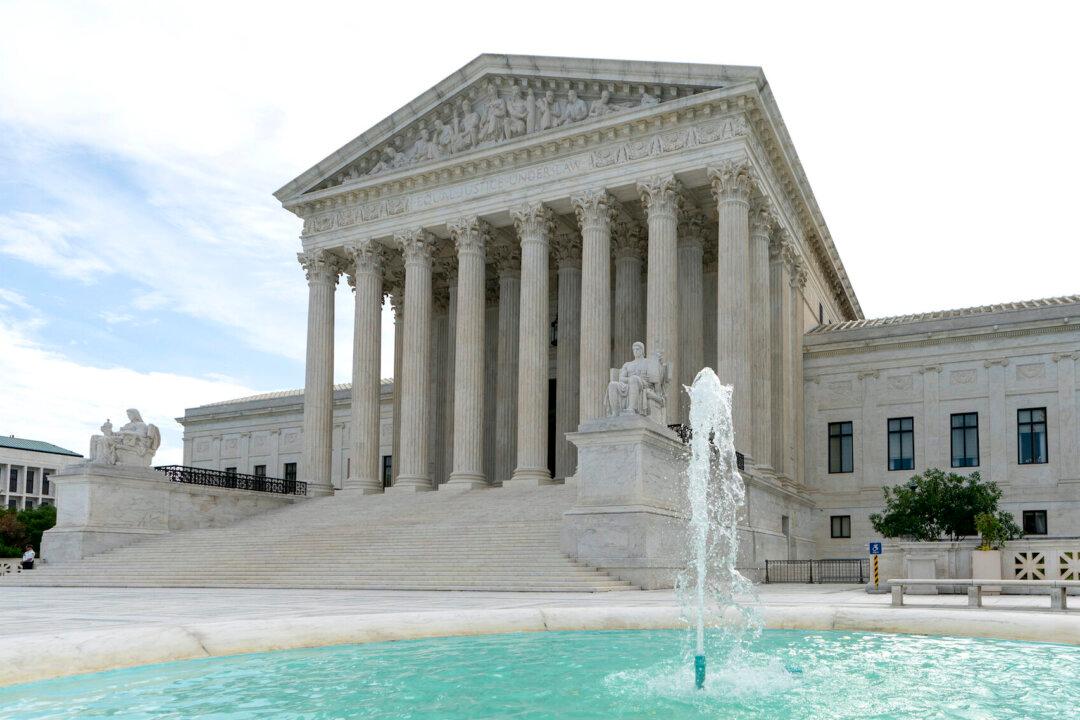The Supreme Court ruled June 25 that the federal government may continue deporting illegal aliens, including failed asylum-seekers, who are placed in the fast-track deportation queue, quickly after they lose their legal fights.
The 7–2 ruling was a victory for President Donald Trump on immigration, his signature political issue. The Trump administration decided to rely on expedited removal, as the fast-track deportation process created in 1996 is known, to clear up frequent processing backlogs.





